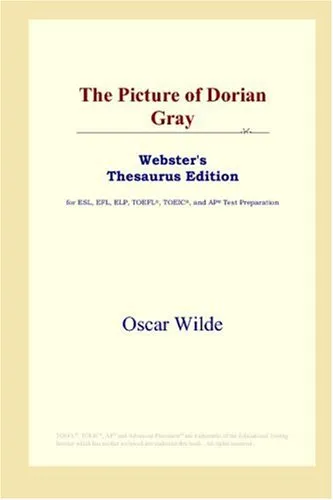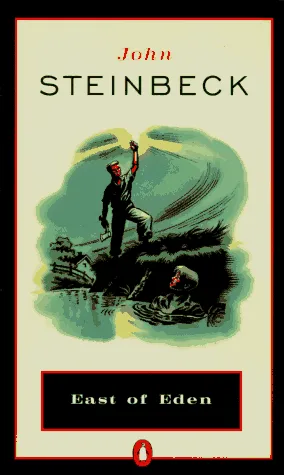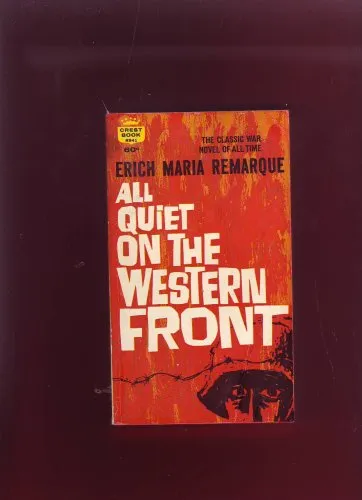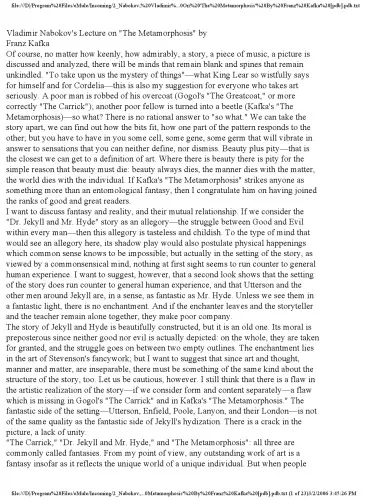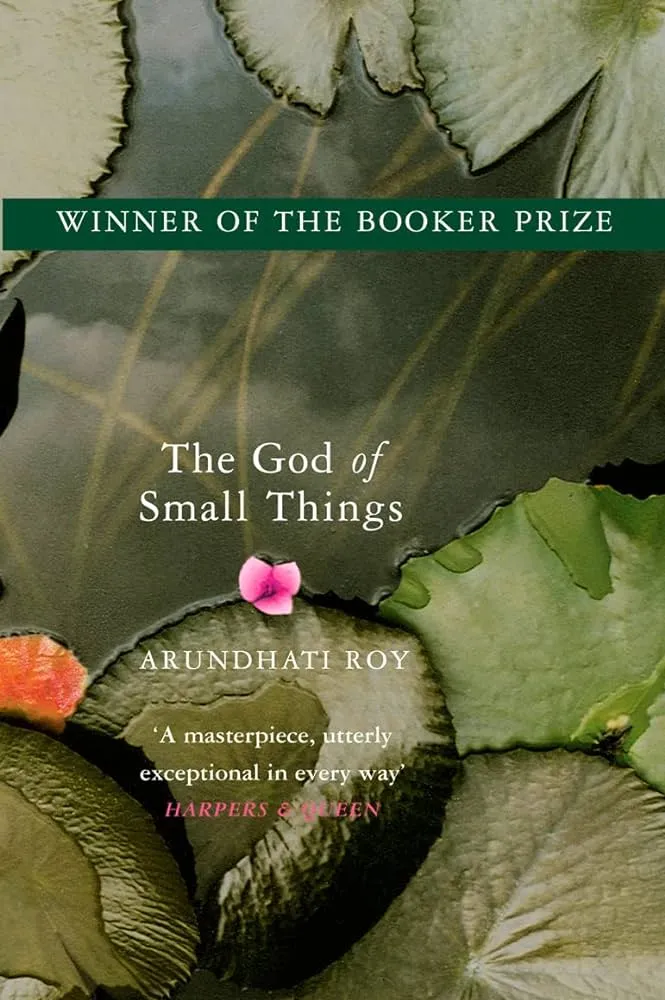Lolita
3.9
Reviews from our users

You Can Ask your questions from this book's AI after Login
Each download or ask from book AI costs 2 points. To earn more free points, please visit the Points Guide Page and complete some valuable actions.Related Refrences:
Persian Summary
Introduction to 'Lolita'
Vladimir Nabokov's 'Lolita' is a controversial yet brilliantly composed novel that has intrigued and challenged readers since its release in 1955. This seminal work delves into the complexities of illicit love, obsession, and the darker sides of human nature, wrapped in Nabokov's exceptional prose.
Detailed Summary of the Book
At the center of 'Lolita' is Humbert Humbert, a European intellectual and pedophile, whose obsession with twelve-year-old Dolores Haze, infamously dubbed "Lolita," drives the narrative. After the death of her mother, Humbert takes guardianship of Lolita, leading to a cross-country journey marked by manipulation and obsession. The novel is structured as Humbert's confession, lending an intense, introspective, and at times, disturbingly witty portrayal of his mind. Nabokov skillfully unravels the themes of obsession with forbidden desires, contrasting innocence with corruption, and unfurls the trauma and psychological complexities of his characters.
Key Takeaways
- Obsession and Guilt: Humbert's obsession serves as a metaphor for darker human compulsions, showcasing the destructive potential of unchecked desires.
- Literary Style: Nabokov's narrative style is filled with wordplay, intricate language, and vivid imagery, elevating what could be a sordid tale into a literary masterpiece.
- Moral Complexity: 'Lolita' invites readers to question morality and the unreliable nature of Humbert's narrative, which paints a deeply complex picture of his psyche without providing clear ethical resolutions.
Famous Quotes from the Book
"Lolita, light of my life, fire of my loins. My sin, my soul. Lo-lee-ta."
"It was love at first sight, at last sight, at ever and ever sight."
"You can always count on a murderer for a fancy prose style."
Why This Book Matters
'Lolita' holds an essential place in the canon of modern literature, due to its daring exploration of taboo subjects through a sophisticated and compelling narrative. The novel challenges social norms and pushes the boundaries of what a protagonist can be, exposing readers to the psychological depth and paradox within human desires. Nabokov's work demands an examination of art itself—how beauty can exist alongside, and even within, the grotesque. Its controversial themes spark conversations about censorship, ethics, and the power of narrative, making 'Lolita' a significant touchstone in the discourse on moral and artistic expression.
Free Direct Download
You Can Download this book after Login
Accessing books through legal platforms and public libraries not only supports the rights of authors and publishers but also contributes to the sustainability of reading culture. Before downloading, please take a moment to consider these options.
Find this book on other platforms:
WorldCat helps you find books in libraries worldwide.
See ratings, reviews, and discussions on Goodreads.
Find and buy rare or used books on AbeBooks.
1651
بازدید3.9
امتیاز0
نظر98%
رضایتReviews:
3.9
Based on 0 users review
Questions & Answers
Ask questions about this book or help others by answering
No questions yet. Be the first to ask!



